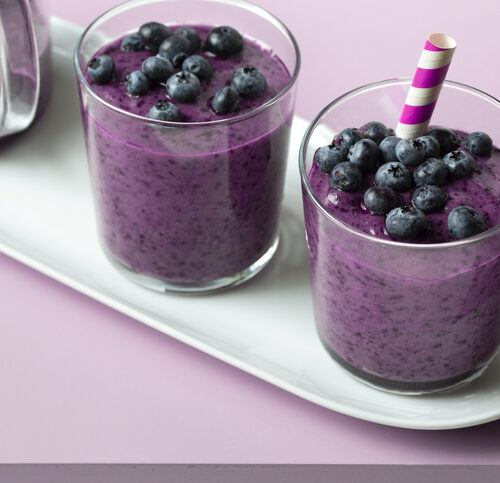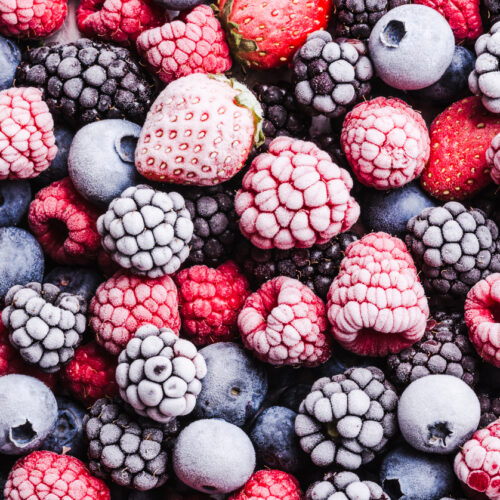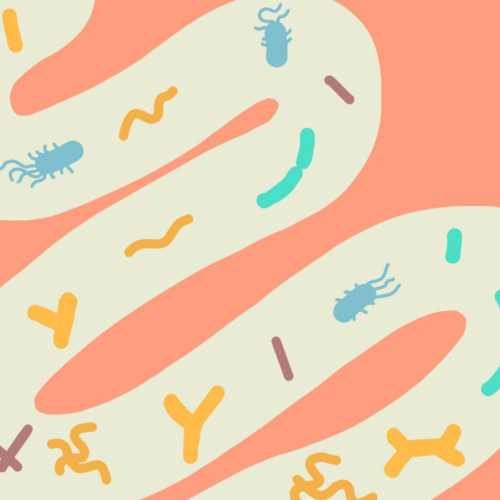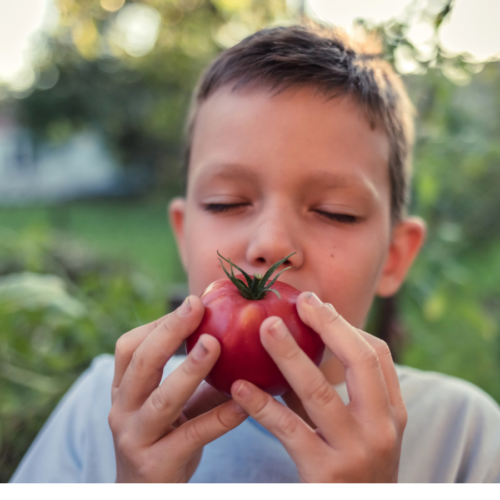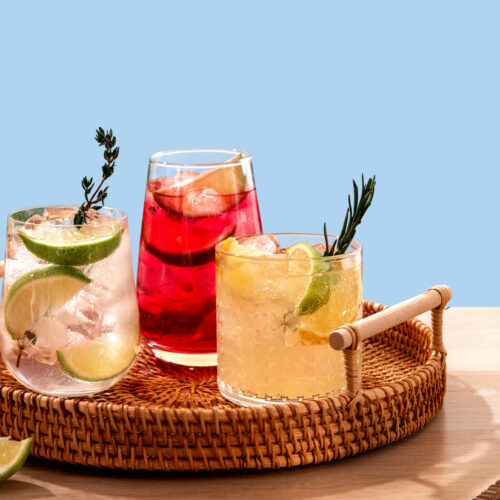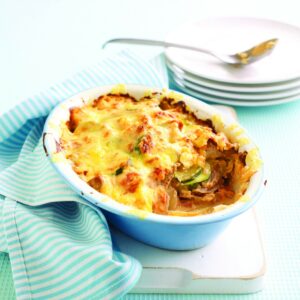
Here’s what we need to know about being ‘breast aware’.
Breast cancer facts
- One in nine New Zealand women will be diagnosed with breast cancer in their lifetime.
- Eight women each day are diagnosed with breast cancer in New Zealand.
- About 25 men are diagnosed with breast cancer each year too.
- Between 90 and 95 per cent of women who are diagnosed with breast cancer have no family history of the disease.
- Getting older is the most common risk factor: over 70 per cent of new cases are among women 50 years and over. While less common in women under the age of 40, women in their 20s and 30s can get it too (approximately 6% of cases are in this age group)
- The number of people diagnosed with beast cancer in NZ is increasing (18% over the last decade).
- A mammogram can detect a cancer as small as two millimetres. A lump you can feel is on average 22mm in size.
- Eighty per cent of women diagnosed with breast cancer survive ten years or more after their initial diagnosis. Women whose cancer is picked up by a regular mammogram have a 92 per cent chance of surviving to ten years, compared to 75 per cent for women whose cancer is diagnosed through feeling a lump.
- The New Zealand Breast Cancer Foundation recommends regular breast screening mammograms for women from the age of 40.
- Early detection can reduce the chance of dying from breast cancer by approximately one third, as small, early cancers are easier to treat.
- BreastScreen Aotearoa (BSA) is New Zealand’s free National Breast Screening Programme. They provide free mammograms every two years for women with no symptoms aged 45 and 69 (and have recently announced they’ll be progressively increasing this upper limit, from 69 to 74).
- Some women have a higher proportion of dense breast tissue, which is a risk factor for breast cancer, and which also makes it harder for a mammogram to detect tumours. When you have your mammogram, ask your radiologist about your breast density and how best to screen or monitor your future breast health if your density is high.
(Source: NZ Breast Cancer Foundation)
Are there links between breast cancer and diet?
There is strong evidence that drinking alcohol is a risk factor for breast cancer. Studies suggest that for each standard drink – that’s just 100ml of wine – the risk for breast cancer is increased.
In their 2018 update, the World Cancer Research Fund note there is some (limited) evidence that higher consumption of these many also help reduce breast cancer risk:
- non-starchy veges
- foods with carotenoids, such as carrots, capsicums, kumara and dark green leafy veges
- higher-calcium foods, such as dairy
There’s also strong evidence that maintaining a healthy weight and regular exercise will help reduce your breast cancer risk.
For more information, go to www.breastcancerfoundation.org.nz
www.healthyfood.com



